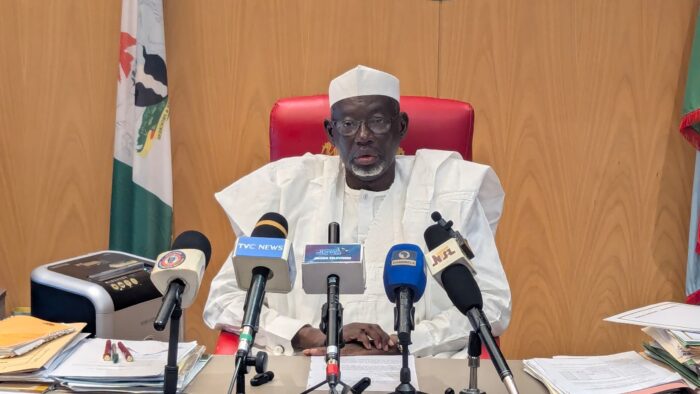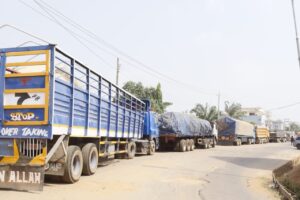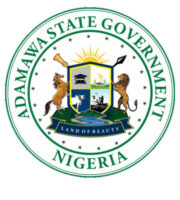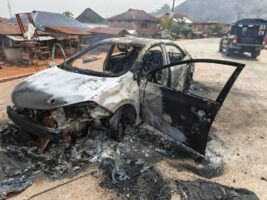The Jigawa State Executive Council has approved more than ₦3.3 billion for key projects in education, renewable energy, and financial inclusion.
The move is part of Governor Umar Namadi’s 12-point agenda to build human capital, expand access to finance, and strengthen essential services across the state.
Announcing the approvals after the Council meeting in Dutse, Commissioner for Information, Sagir Musa Ahmad, said ₦835 million has been set aside to engage consultants for the implementation of Technical and Vocational Education and Training programmes across four centres of excellence, six science and technical colleges, seven skills acquisition centres, and four tertiary institutions.
The initiative is designed to equip Jigawa youths with 21st-century skills that meet both local and global labour market demands.
In another decision, the Council gave the green light for the establishment of five new microfinance banks in Birniwa, Gujungu, Guri, Gwaram, and Kaugama local government areas. The move, officials say, will deepen financial inclusion and bring banking services closer to rural communities, boosting small businesses and grassroots economic empowerment.
Read Also
On energy, the Council approved ₦733 million for a technical audit and planning of rooftop solar installations under the State Intervention Solar Solution Programme.
The project aims to expand renewable energy access to schools, hospitals, and other public institutions, cutting reliance on the national grid and providing cost-effective power for essential services.
The Council also approved ₦779 million for the supply of 68,850 textbooks, 700 whiteboards, 3,000 cartons of markers, and 295 motorcycles to strengthen supervision of schools across the 27 local governments.
The package is expected to improve teaching, learning, and monitoring at the basic education level.
With these approvals, Governor Umar Namadi’s administration is reinforcing its focus on skills development, inclusive finance, clean energy, and stronger education systems, key pillars for Jigawa’s growth and Nigeria’s national development.





